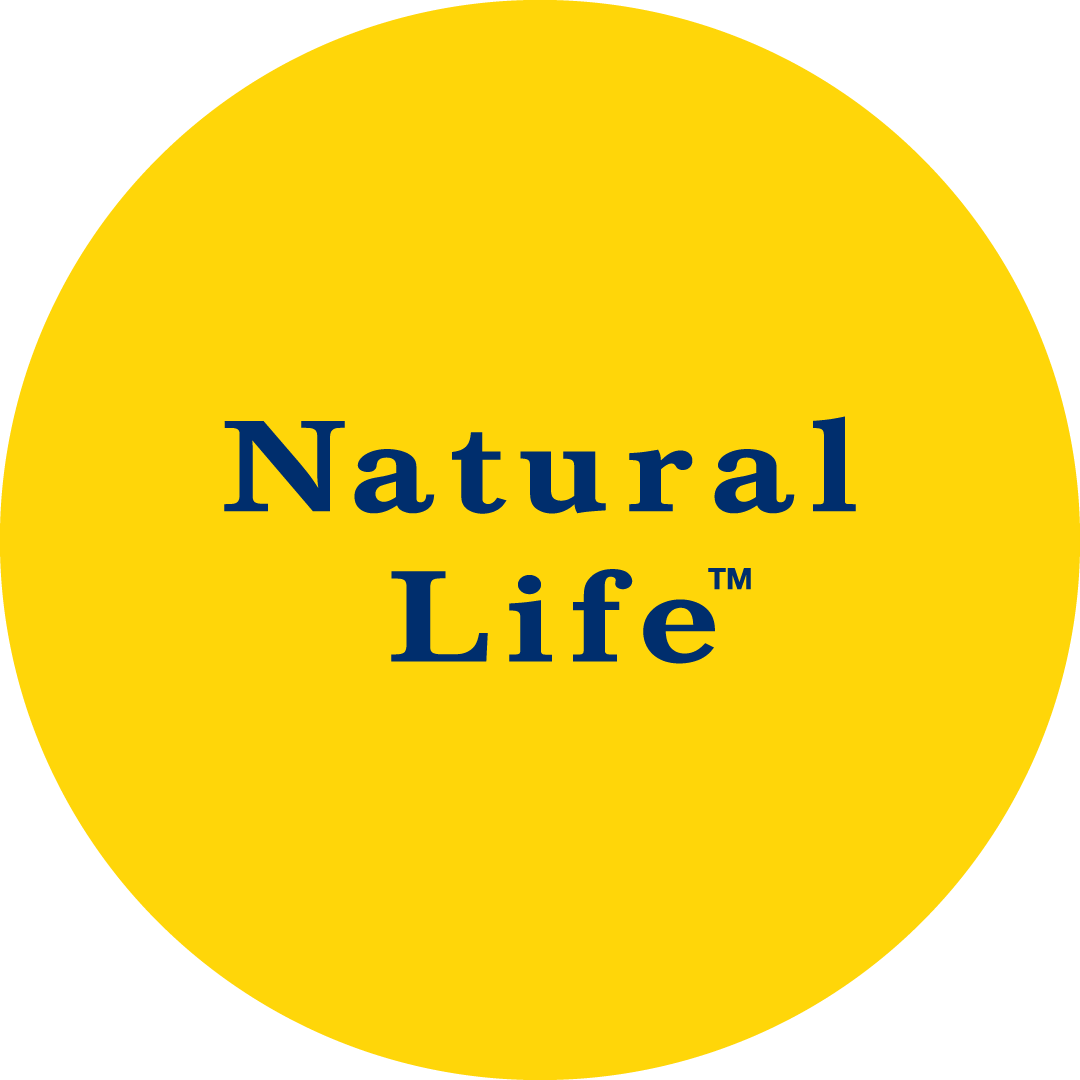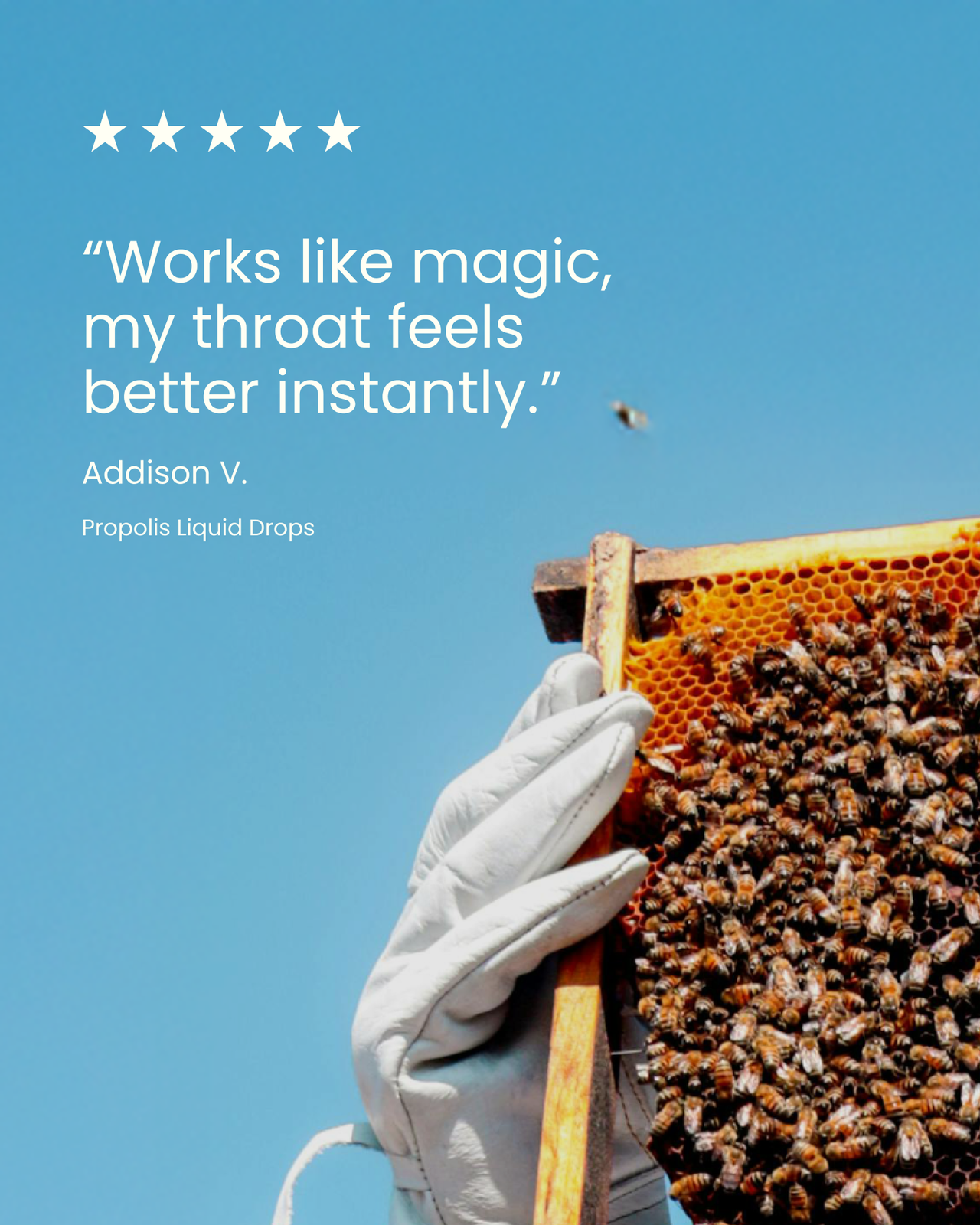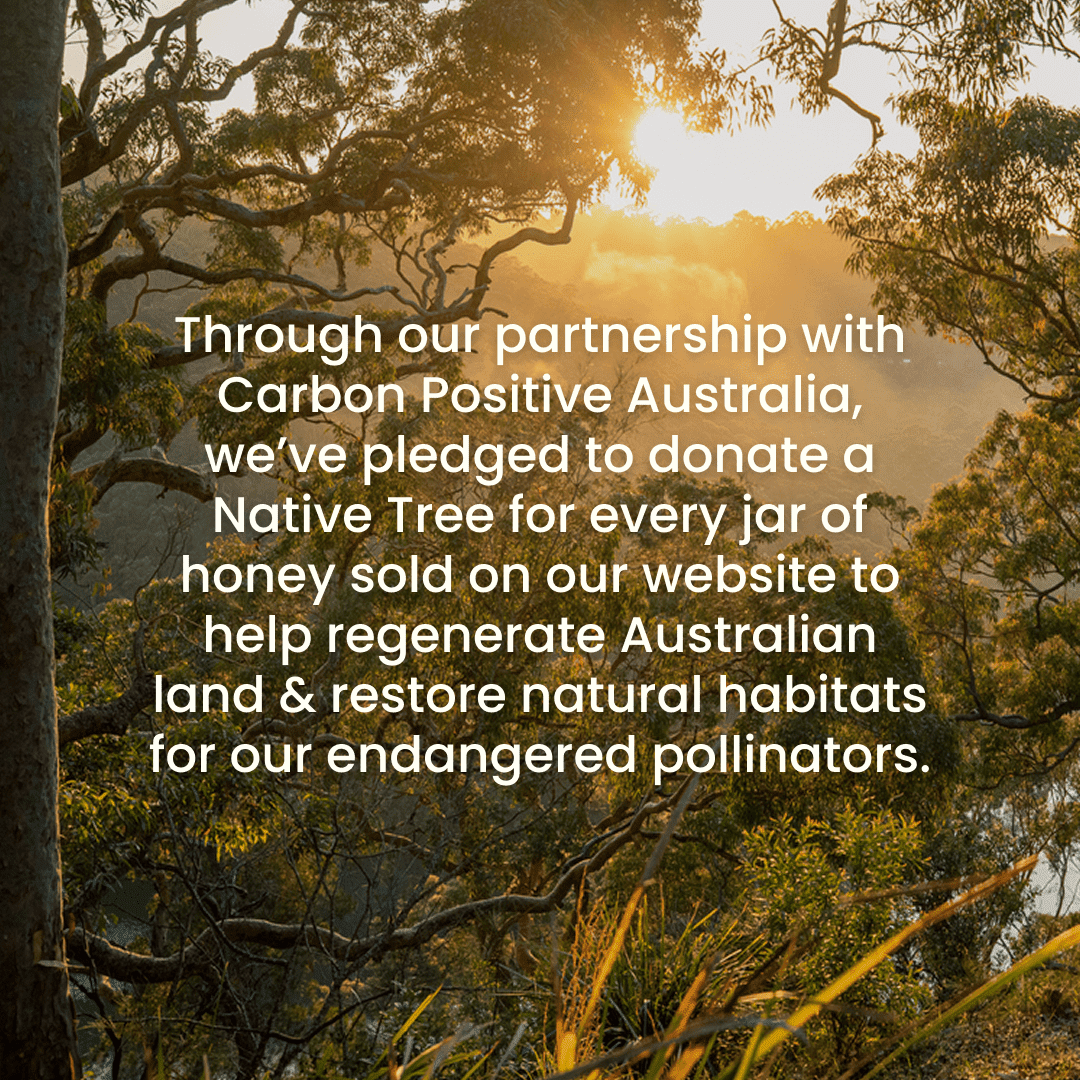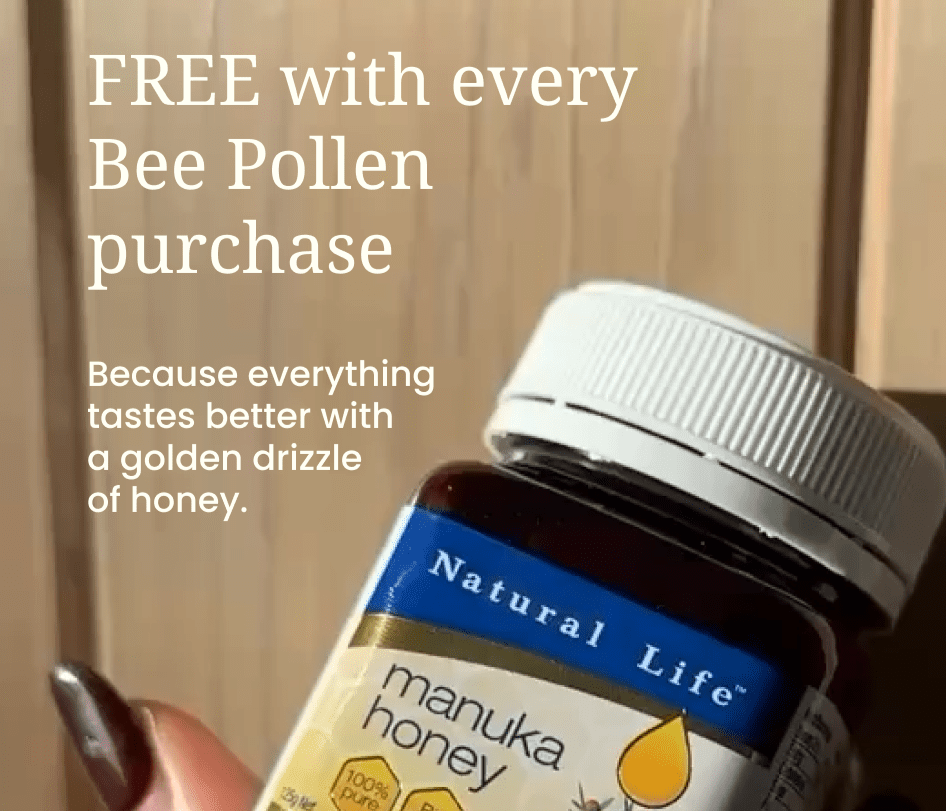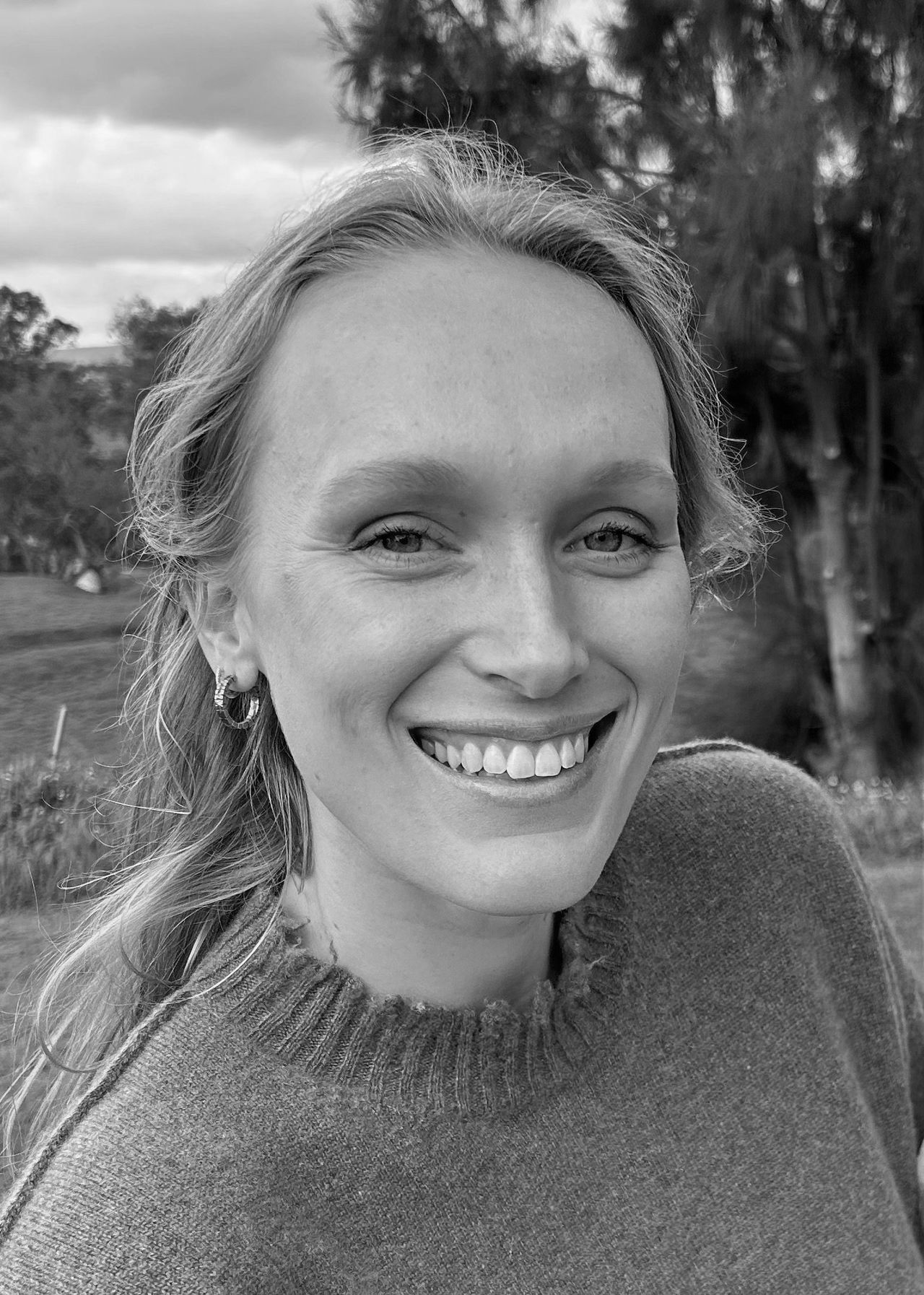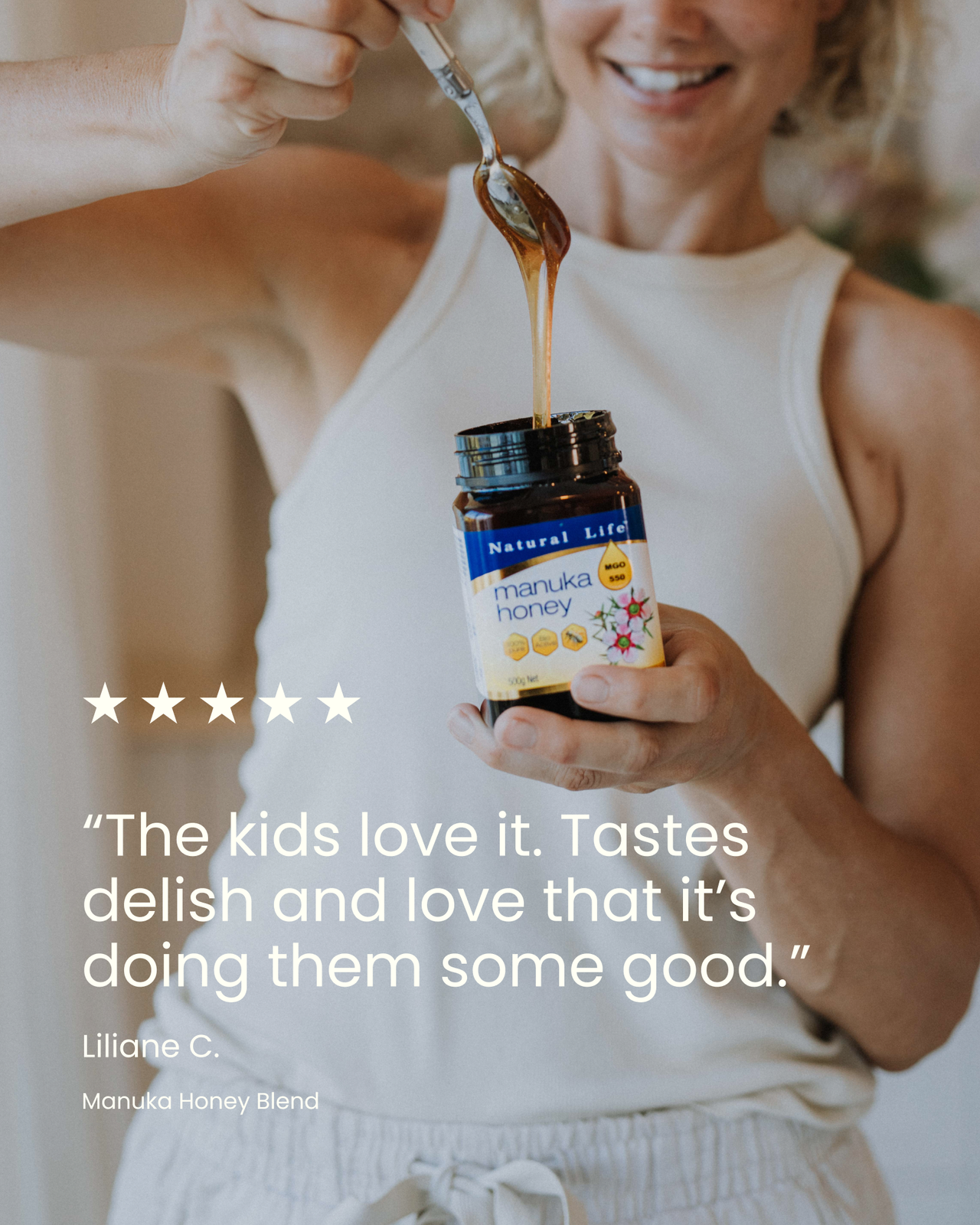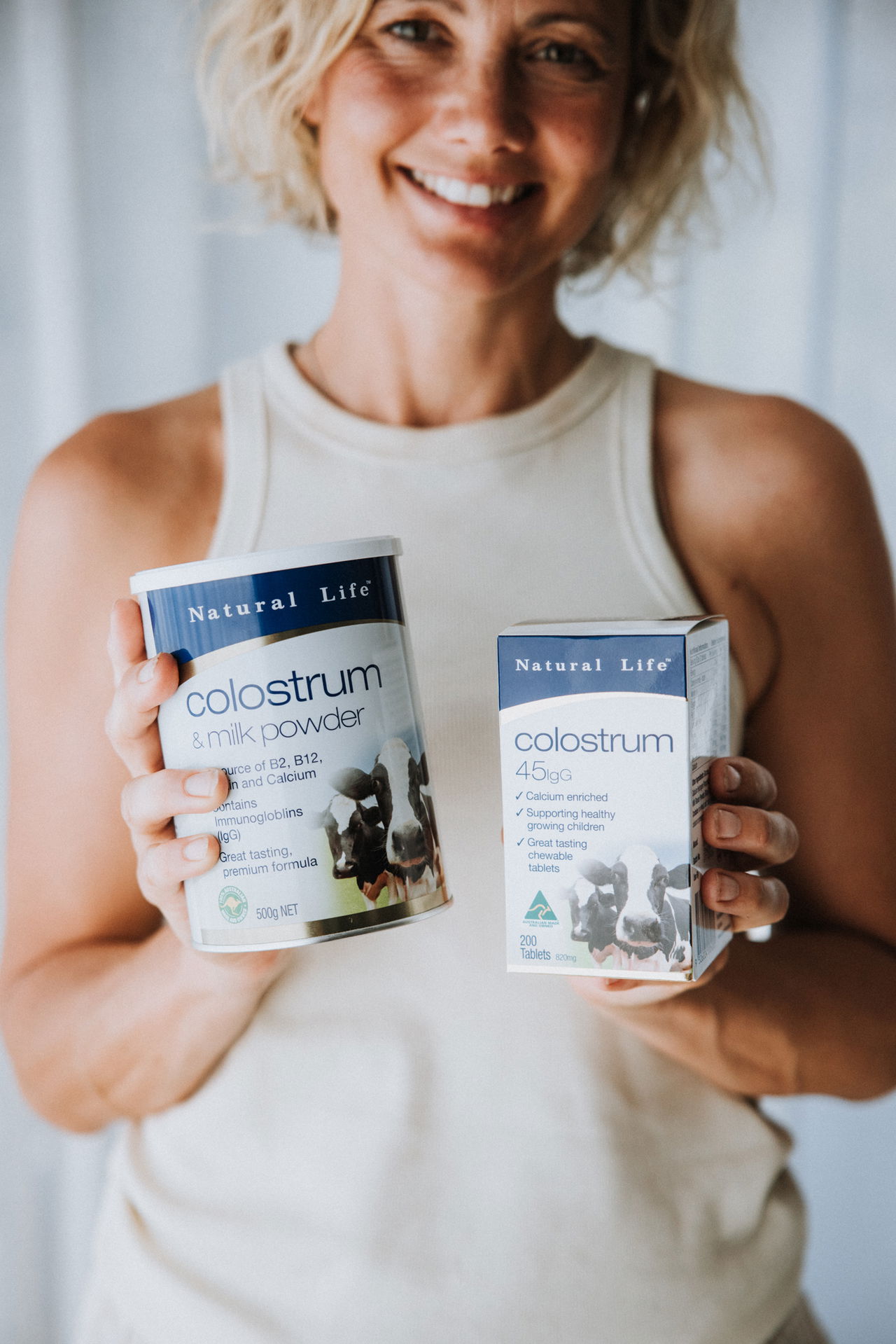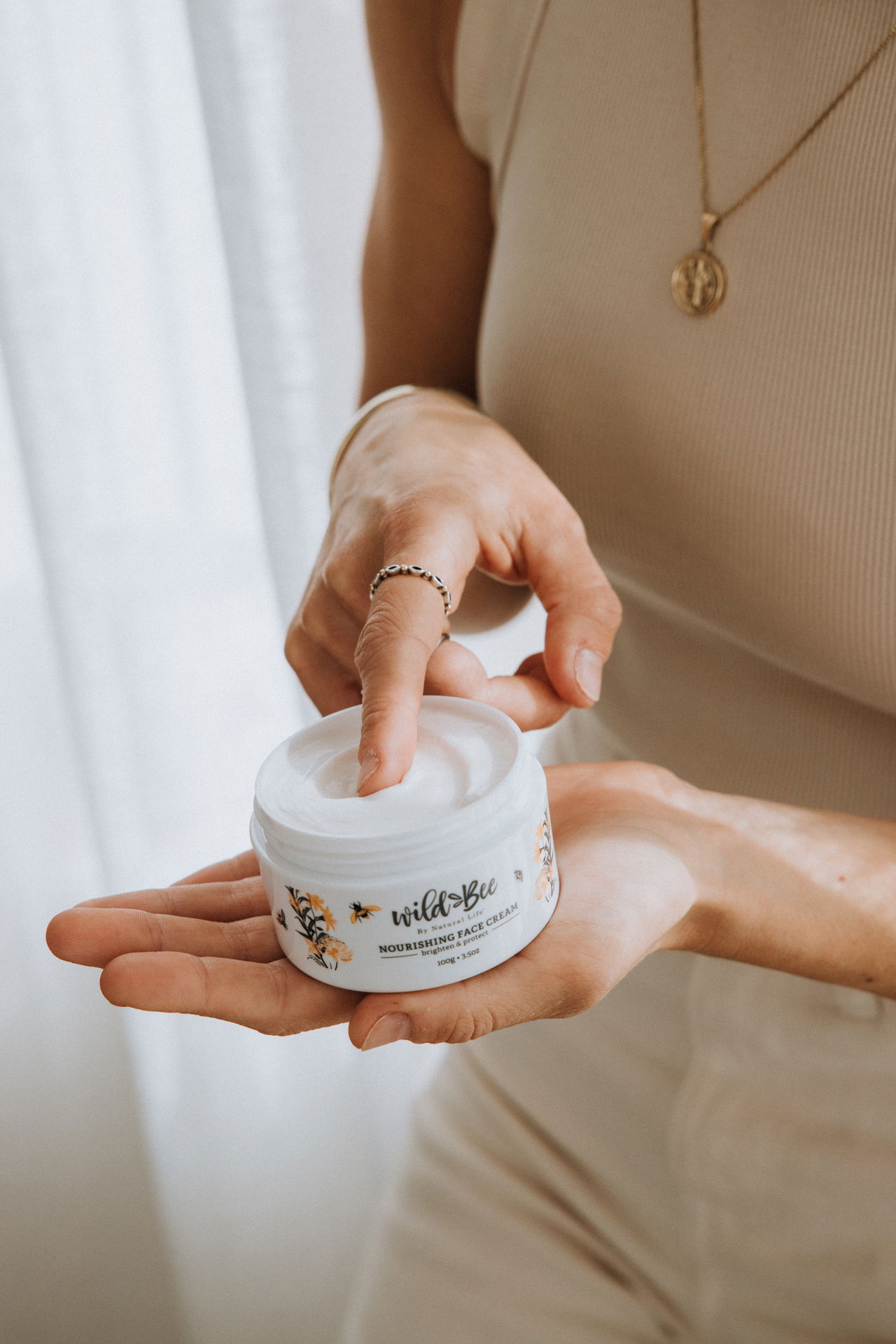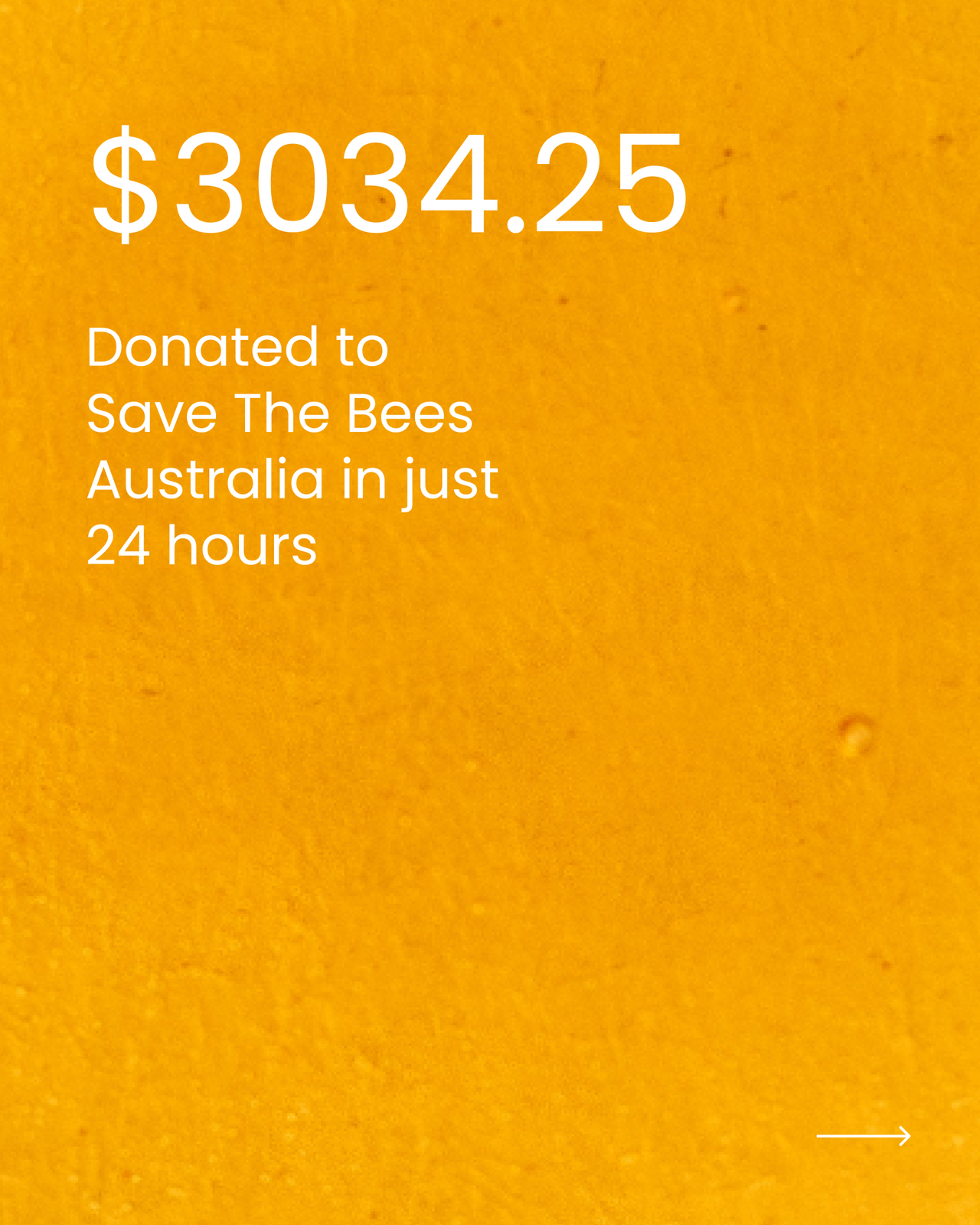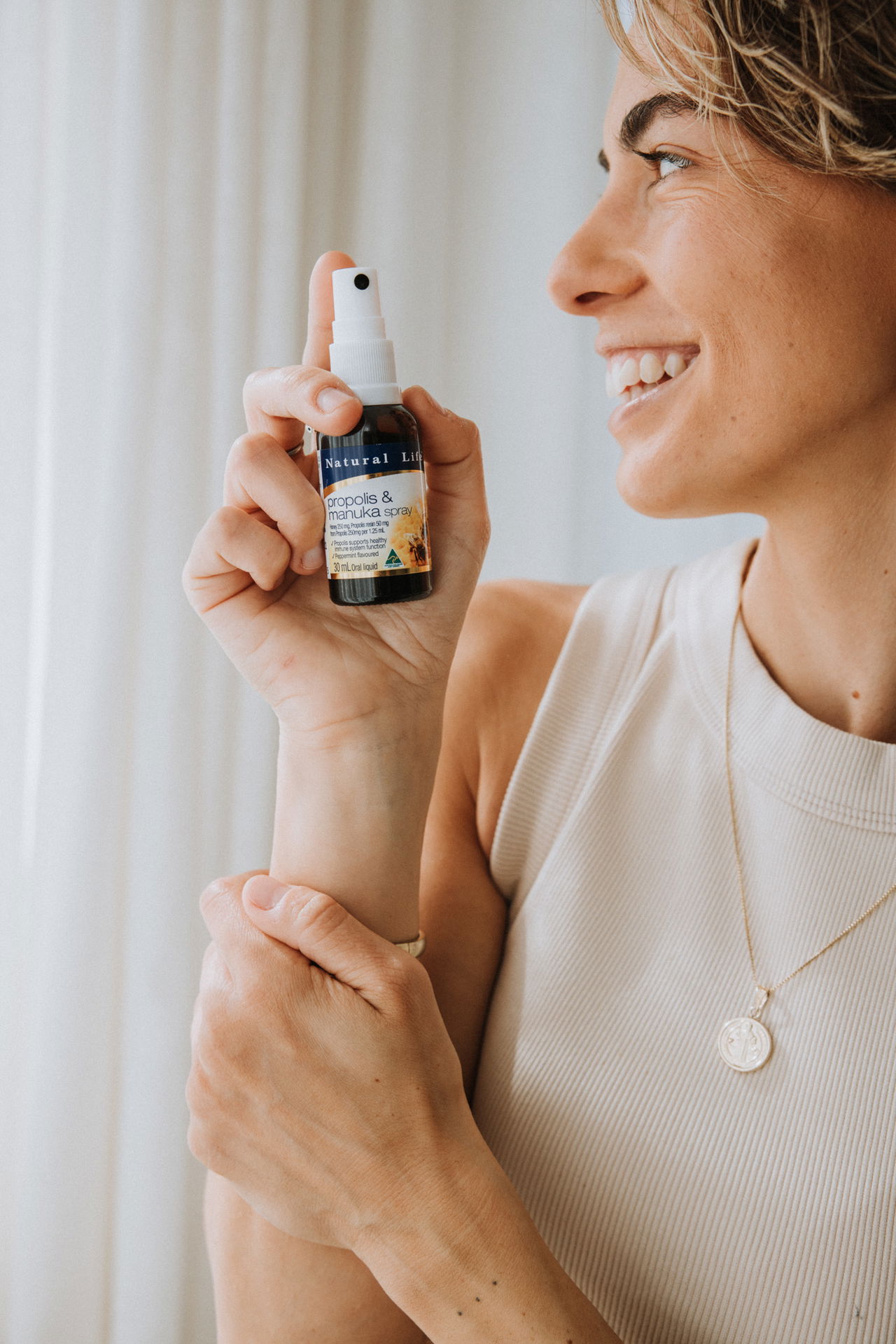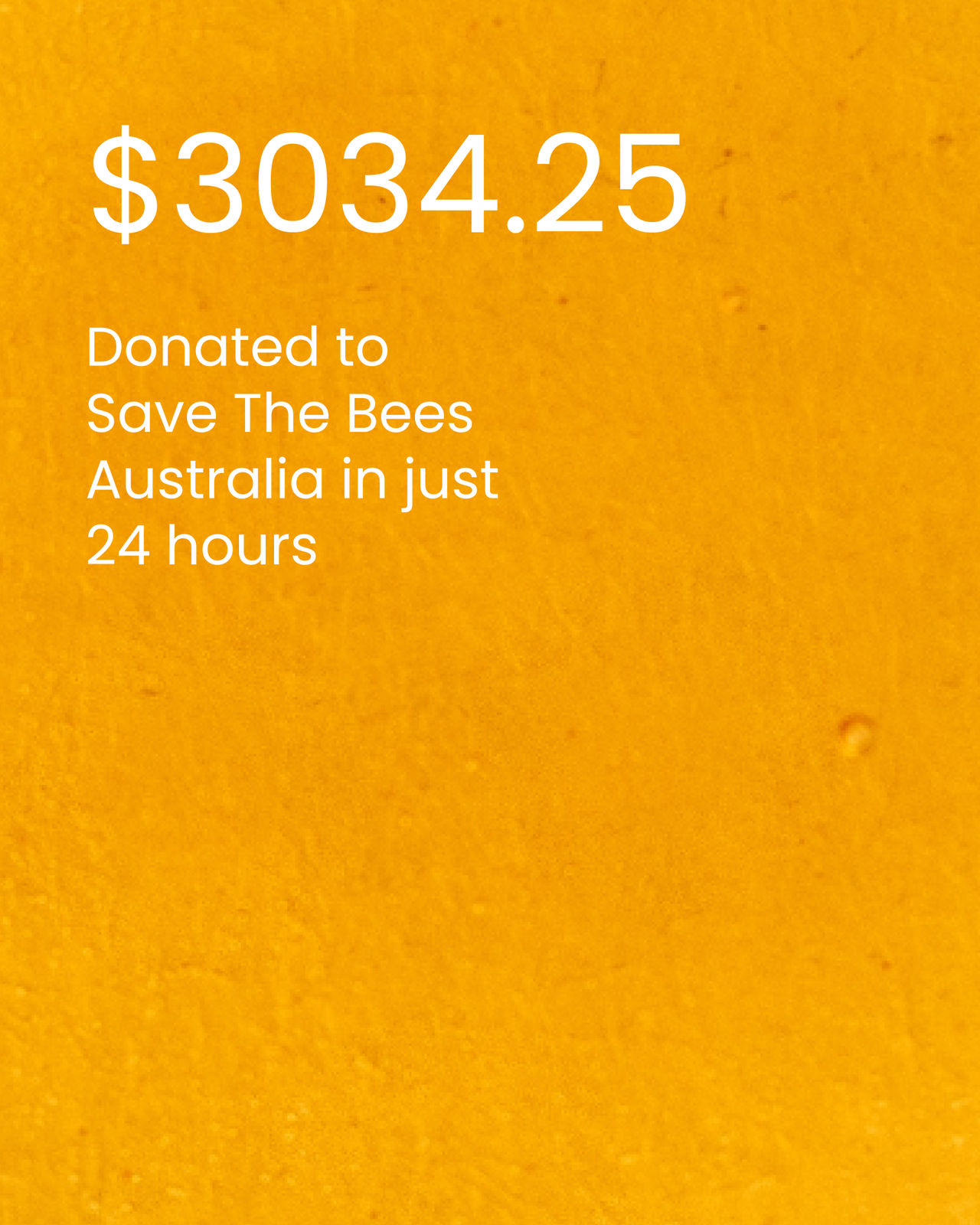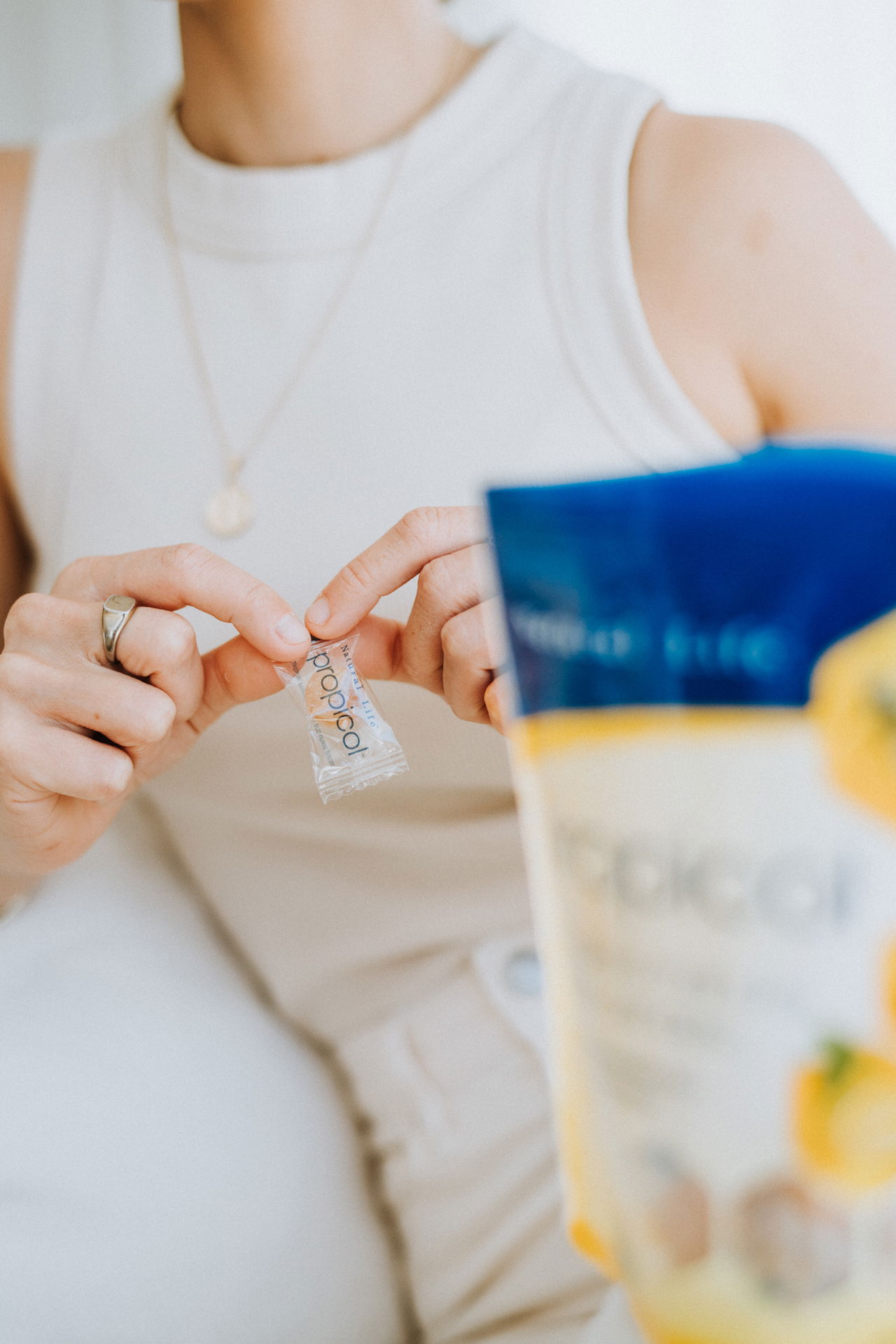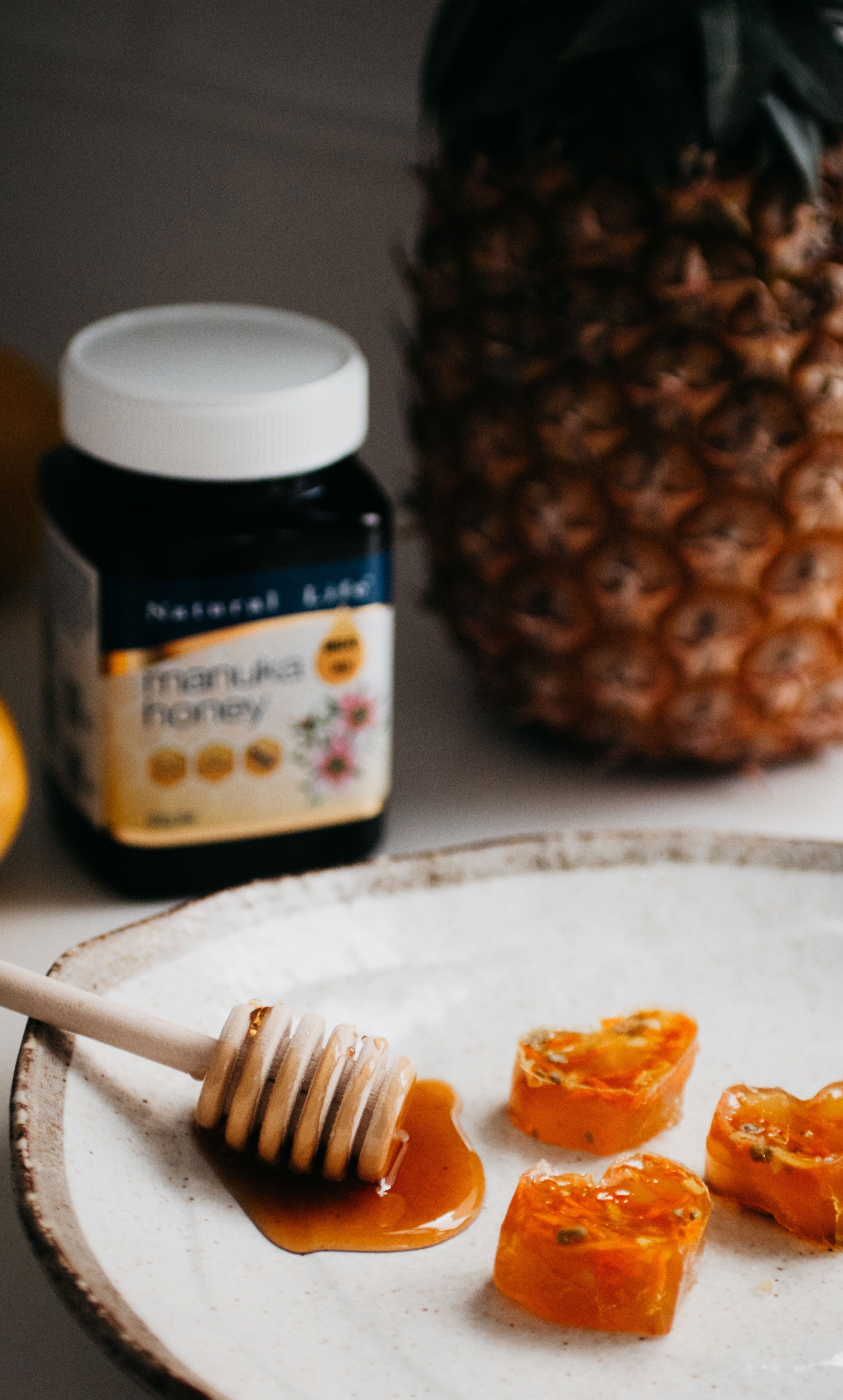Despite being one of the most powerful natural substances found in the hive, propolis remains surprisingly underused in Australia - especially when compared to its popularity overseas. Walk into a pharmacy in France, Turkey, Korea or China, and propolis is everywhere - sold as a daily supplement, a throat spray, or even a skin salve. In Australia? It’s still flying under the radar.
Why? It’s not because the product doesn’t work. The science is there. The immune, antioxidant and antibacterial properties are well-documented. So what’s holding Australians back from embracing propolis?
To answer that, we need to look at culture, education, and the way we think about health itself.
Cultural Perspectives in Australia
In Australia, our relationship with bees is often shaped by practicality - or fear. Bees are seen as useful for honey, but also as something to be cautious of. They’re pests to keep away from picnics or backyard barbecues. That’s about as far as the conversation tends to go.
We also don’t have a strong cultural tradition of using bee products medicinally. Unlike countries that have passed down the use of propolis and royal jelly through generations, Australian households typically haven’t grown up with propolis in the bathroom cabinet or honeycomb in the fridge for immune support. Without that exposure early in life, products like propolis just don’t become part of the everyday wellness routine.
Cultural Perspectives Elsewhere
In contrast, cultures with strong roots in Eastern or traditional medicine see bees - and their hive products - very differently.
In China, Korea, Turkey, and much of Eastern Europe, bee products are deeply respected as healing agents. They’re not just something you stumble across at a health food store; they’re part of family rituals, traditional treatments, and modern preventative care. Propolis is used the way many Australians use Panadol - as a first line of defence for everything from colds and sore throats to ulcers and inflammation.
In these cultures, natural remedies aren’t considered "alternative" - they’re trusted, proven, and widely accepted.
Lack of Education in Schools
It starts young. At school, most of us are told that bees are pollinators - that they help flowers bloom and keep nature in balance. But that message rarely goes deep enough.
We’re not taught just how critical bees are to food security, biodiversity, and the health of entire ecosystems. We’re not shown how much of our fresh produce - from apples and almonds to berries and broccoli - depends on bees doing their job. And we’re certainly not taught about the medicinal potential of what the hive creates.
That missing depth in early education means most Australians grow up understanding bees as “important,” but not as life-sustaining - or as contributors to human health.
Lack of Education in Medical Universities
The gap continues in higher education. In Western medical training, natural compounds like propolis are rarely part of the curriculum. Despite mounting research on propolis’ antibacterial, anti-inflammatory and antioxidant benefits, most healthcare professionals don’t receive any formal education on its properties or uses.
Instead, medical and health science degrees typically focus on:
-
Pharmaceutical treatments and clinical protocols
-
Synthetic compounds with commercial backing
-
Acute symptom management over preventative, long-term care
So even if a practitioner believes in the potential of natural products, they often lack the confidence, background, or evidence base to recommend them - especially in a system that rewards speed and scale.
Our Focus on Quick Wins
Australia’s health culture leans heavily toward quick fixes and over-the-counter solutions. Antibiotics, lozenges, nasal sprays, and painkillers are our go-to moves for colds, coughs, and inflammation. If it’s not familiar, fast, or found in the pharmacy aisle, it often doesn’t get a second look.
That mindset leaves little room for slower, steadier options like propolis - which works best when taken regularly to support immunity, oral health, and the body’s natural healing response.
There’s also a fair bit of scepticism around natural health. Many consumers (understandably) want evidence, clinical trials, and the backing of a GP before trying anything outside the norm. That hesitation is valid - but it’s also exactly why education around bee products needs to improve.
It’s Time to Change the Conversation
We need to talk differently about bees - not just as honey-makers or backyard nuisances, but as endangered species essential to both our planet’s health and our own.
Bees are key to food security, biodiversity, and medicine. The hive is home to some of nature’s most powerful healing compounds - and propolis is one of the most promising among them.
If Australians are ever going to embrace bee-based wellness, it starts with awareness:
-
That bees are in decline and need protecting
-
That hive products have real, evidence-backed benefits
-
That natural solutions like propolis have a place in modern, preventative health
At Natural Life, we’re here to lead that change through education, transparency, and products that honour both science and nature.

